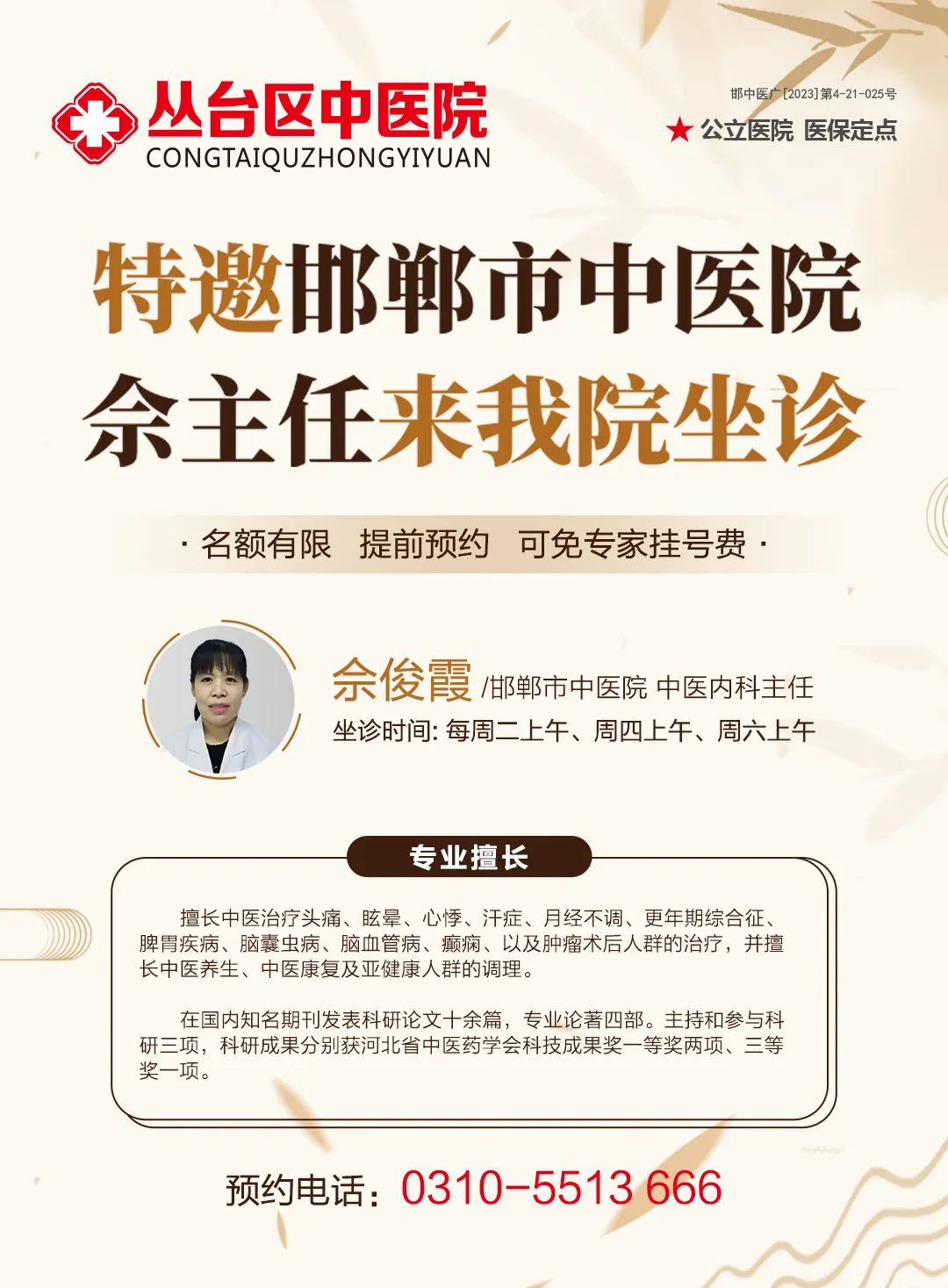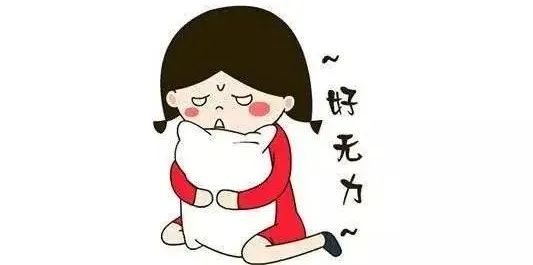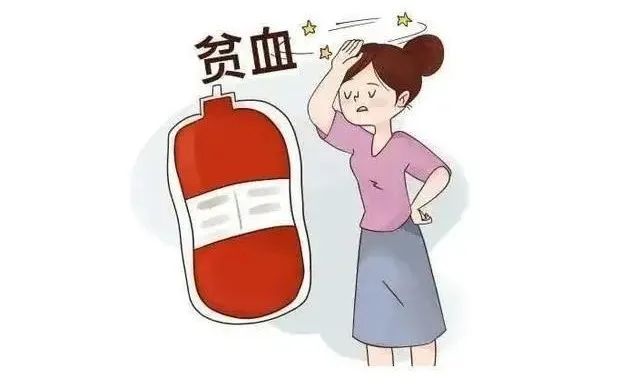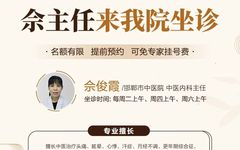Blood deficiency and anemia not only have similar meanings but also overlap in clinical manifestations and treatment methods. Therefore, some people often treat blood deficiency and anemia as the same condition, which can lead to adverse medical outcomes.
For instance, some believe that Si Wu Tang (Four Substance Decoction) is a blood tonic and immediately consider it for patients with anemia;
Others directly equate the symptoms of blood deficiency or the indications for blood tonics with chronic anemia symptoms such as pale complexion, dizziness, fatigue, palpitations, pale tongue, and thin, rapid pulse.
This further leads to the misconception that blood deficiency and anemia are different names for the same condition, making it seem reasonable to use Si Wu Tang for treating anemia.

In fact, blood deficiency and anemia are two entirely different concepts in TCM and Western medicine and should not be confused.
1. Blood Deficiency in TCM
In TCM, blood deficiency refers to a pathological phenomenon where the body’s yin blood is insufficient to nourish the organs, muscles, and meridians.
Specifically, there are different types such as heart blood deficiency, liver blood deficiency, and heart-spleen blood deficiency.
Symptoms of heart blood deficiency often include palpitations, forgetfulness, insomnia, and a thin, rapid pulse;
Symptoms of liver blood deficiency may include dizziness, blurred vision, dry skin, menstrual irregularities, and numbness in the limbs;
Heart-spleen blood deficiency is characterized by palpitations, reduced appetite, fatigue, and menstrual irregularities.
In TCM, treatment for these conditions, aside from those caused by phlegm, fire, water, or qi, mainly involves nourishing blood, calming the heart, nourishing liver blood, and strengthening the spleen to generate blood.
It should be noted that blood deficiency, aside from heart-spleen deficiency which may have some anemia, rarely presents as anemia in cases of pure heart blood deficiency or liver blood deficiency.

2. Anemia in Western Medicine
In modern medicine, anemia refers to a pathological state where the number of red blood cells, hemoglobin, or hematocrit in a unit volume of blood is below normal.
Patients with anemia in TCM diagnosis not only exhibit symptoms of blood deficiency but also often present with fatigue, shortness of breath, pale complexion, cold extremities, edema, pale tongue, and weak pulse, indicating insufficient qi and yang.
It can be said that blood deficiency is due to the depletion of yin blood, while anemia is due to insufficient qi and yang.
From the perspective of the blood-nourishing and tonifying effects of Si Wu Tang, its main indications are for conditions caused by liver and kidney yin blood deficiency, such as menstrual irregularities, fetal instability, and excessive bleeding, which actually treats blood deficiency and is not suitable for treating anemia.
Although Si Wu Tang has a dynamic quality within its static nature, it ultimately belongs to the category of yin-dominant and stagnation-inducing herbs. Using it for patients with anemia not only provides no benefit but may also lead to symptoms such as reduced appetite, loose stools, and fatigue due to yang deficiency and excessive yin, resulting in a situation where the yang cannot generate and the yin cannot grow, worsening the anemia.
For treating heart blood deficiency and symptoms like forgetfulness and insomnia, Yang Xue Qing Xin Tang (Nourishing Blood and Calming the Heart Decoction) is appropriate; for blood deficiency with five hearts heat and daytime clarity but nighttime fever, Si Wu Er Lian Tang (Four Substance and Two Lotus Decoction) is suitable; for heart blood deficiency and palpitations, Si Wu An Shen Tang (Four Substance and Calming the Heart Decoction) is indicated;
for blood deficiency with liver qi stagnation and menstrual irregularities, Jia Wei Si Wu Tang (Modified Four Substance Decoction) is recommended; for excessive bleeding and fetal instability, Xiong Gui Jiao Ai Tang (Chuanxiong and Angelica Decoction) is used.
If one equates blood deficiency with anemia and uses these formulas to treat anemia, it will only be harmful and not beneficial, leading to poor treatment outcomes.

3. How Should TCM Treat Anemia?
TCM believes that the cause of anemia is “without yang, yin cannot generate,” and “the tangible blood cannot generate itself, it is born from the intangible qi.” Therefore, the treatment of chronic anemia requires not only methods to “support yang and nourish yin, tonify qi and generate blood,” but even in cases of acute blood loss, it must follow the principle that “tangible blood cannot be quickly generated, and intangible qi must be urgently stabilized,” using methods to “tonify qi and stabilize the collapse, tonify qi and generate blood.”
For anemia presenting as both qi and blood deficiency, Sheng Yu Tang (Holy Healing Decoction) or Ba Zhen Tang (Eight Treasure Decoction) is recommended;
for significant yin and yang deficiency, Ren Shen Yang Rong Tang (Ginseng Nourishing Decoction) or Shi Quan Da Bu Tang (Ten Complete Great Tonifying Decoction) is appropriate;
for those with palpitations and insomnia, and reduced appetite with loose stools, Gui Pi Tang (Restore the Spleen Decoction) is indicated.
Severe anemia often involves kidney yang deficiency, requiring methods to tonify yang, nourish yin, fill essence, and nourish marrow to achieve certain effects, commonly used formulas include Shu Yu Wan (Dioscorea Pill) and You Gui Wan (Right Returning Pill).
In summary, blood deficiency is simply insufficient yin blood, while anemia is a deficiency of both qi and blood, as well as yin and yang. Anemia can encompass blood deficiency, but blood deficiency does not necessarily mean anemia; the two should not be confused.
Note: This article is sourced from the internet, and the copyright belongs to the original author. Sharing this article is for the purpose of dissemination and learning exchange. If there are copyright issues, please contact for removal. The various prescriptions and formulas mentioned in the text are for reference and learning purposes only; non-professionals should not use them blindly!

